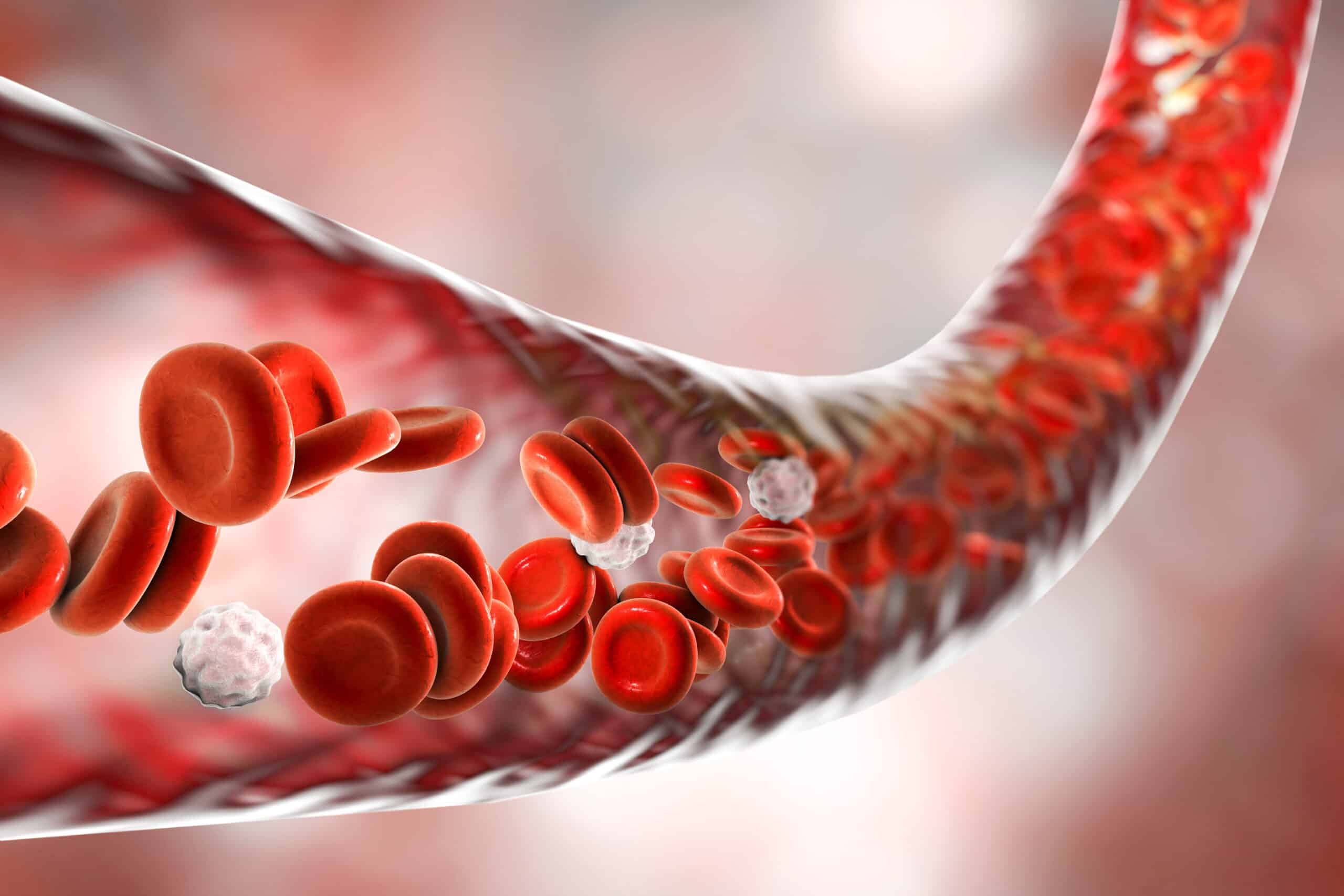Losing weight can sometimes be frustrating, especially when the body has no good relationship with food. However, there are ways to enjoy it. Keep reading to know how!
What is the most efficient way to lose weight?
Losing weight efficiently involves:
- Regular physical activity.
- A healthy and balanced diet.
- A firm commitment to lifestyle changes.
In a healthy and balanced diet, a calorie deficit is a top-tier. Create a calorie deficit by eating fewer calories than your body needs. This is typically achieved through reducing calorie intake and increasing physical activity. Focus on whole, nutrient-dense foods like whole grains, vegetables, lean proteins, and healthy fats. These foods provide essential nutrients while keeping you full.
Don’t let your body steal the enjoyment of eating. Eat anything, but be mindful of the portion sizes to avoid overeating. Use smaller plates to help control portions, and listen to your body’s fullness and hunger cues. In regular physical activity, engage in aerobic exercises (e.g., walking, jogging, swimming) and strength training to burn calories and build lean muscle. Aim for at least 150 minutes of moderate-intensity aerobic activity per week.
It would also help to limit processed foods and added sugars. Cut back on sugary beverages, processed foods, and snacks. These often contribute to empty calories and can lead to overeating. Plan your meals and snacks to make healthier choices and avoid impulsive, less nutritious options. Remember that weight loss is a slowly but surely process. Practice patience and stay consistent with your healthy eating and exercise habits.
Find healthy stress management methods, like deep breathing, meditation, or engaging in activities you enjoy. Stress can contribute to overeating or making unhealthy food choices. Lastly, consult a registered dietitian, nutritionist, or fitness professional for personalized advice and support.
What is Wegovy?
Wegovy (semaglutide 2.4 mg) is a medication approved for weight management and contains an active ingredient called Semaglutide. Semaglutide is a glucagon-like peptide-1 (GLP-1) receptor agonist originally developed for treating type 2 diabetes. However, researchers found that it also had positive effects on weight loss.
Wegovy was developed by Novo Nordisk and received approval from the U.S. Food and Drug Administration (FDA) for chronic weight management in adults with obesity or overweight conditions who have at least one weight-related condition ( high blood pressure, type 2 diabetes, or high cholesterol).
Semaglutide increases feelings of fullness, which can lead to decreased food intake and, consequently, weight loss. The medication is typically administered as a once-weekly injection. Typical side effects of Wegovy include diarrhea, nausea, and constipation. Wegovy must be associated with a weight loss program that a professional consults.
How do you understand your calorie intake and metabolism?
Understanding your calorie intake and metabolism is key to managing your weight. Here’s a breakdown of both concepts:
- Calorie Intake:
- Basal Metabolic Rate (BMR): The number of calories your body needs to perform basic functions at rest, like maintaining body temperature and breathing. Several factors influence BMR, including age, gender, weight, and body composition.
- Physical Activity: The calories you burn through physical activity can vary widely based on the type, duration, and intensity of the exercise. Walking, running, and strength training contribute to your overall energy expenditure.
- Thermic Effect of Food (TEF): This represents the energy your body uses to absorb, digest, and process the nutrients you eat. Different macronutrients (carbohydrates, proteins, and fats) have varying thermic effects.
To understand your calorie intake:
- Calculate Your Total Daily Energy Expenditure (TDEE): The TDEE is the total number of calories your body needs daily, considering your BMR, physical activity, and TEF. Some online calculators can help estimate your TDEE based on gender, age, weight, height, and activity level.
- Set Caloric Goals: To lose weight, a common guideline is a deficit of 500 to 1,000 calories per day for a weight loss of about 1-2 pounds per week.
Metabolism:
- Basal Metabolic Rate (BMR): This is a key component of metabolism, representing the calories your body needs at rest. BMR is influenced by age, gender, weight, and muscle mass.
- Factors Influencing Metabolism:
- Muscle Mass: Muscle tissue burns more calories at rest than fat tissue, so having a higher muscle mass can contribute to a higher metabolism.
- Age: Metabolism tends to slow down, partially due to decreased muscle mass.
- Genetics: Some people may have a naturally faster or slower metabolism based on genetic factors.
- Hormones: Thyroid hormones, for example, play a role in regulating metabolism.
- Boosting Metabolism: While you can’t control some factors, you can boost your metabolism by staying active, incorporating strength training to build muscle, and eating enough to support your energy needs.
How do I know if losing weight is good for my health?
While weight loss can benefit many people, it’s essential to approach it in a way that promotes overall health and well-being. Before getting on any weight loss journey, it’s crucial to consult with a healthcare professional, a primary care physician, or a registered dietitian. They can assess your health status, medical history, and potential risk factors. If you have weight-related health conditions like type 2 diabetes, high cholesterol, or high blood pressure, losing weight may have positive effects on managing or improving these conditions. Consider how weight loss may impact your physical fitness and functionality. If losing weight allows you to move more easily, engage in physical activities, and improve your overall mobility, it can contribute to better health. Assessing your lifestyle and habits may also help. Suppose you are changing your diet and exercise routine to promote overall well-being, such as choosing nutrient-dense foods and having regular physical activity. In that case, this can positively affect your health, independent of weight loss.
Aside from these, pay attention to your mental and emotional well-being. Rapid or extreme weight loss methods can negatively impact mental health. Focus on adopting sustainable and balanced lifestyle changes that promote a positive relationship with your body and food. And to top it all off, sustainable lifestyle changes are more likely to lead to long-term health benefits. Quick fixes or extreme diets are often not sustainable and may not be as beneficial in the long run.
Understand weight loss, calorie intake, and metabolism at JHL Internal Medicine—book now for internal medicine and other aesthetic services.









